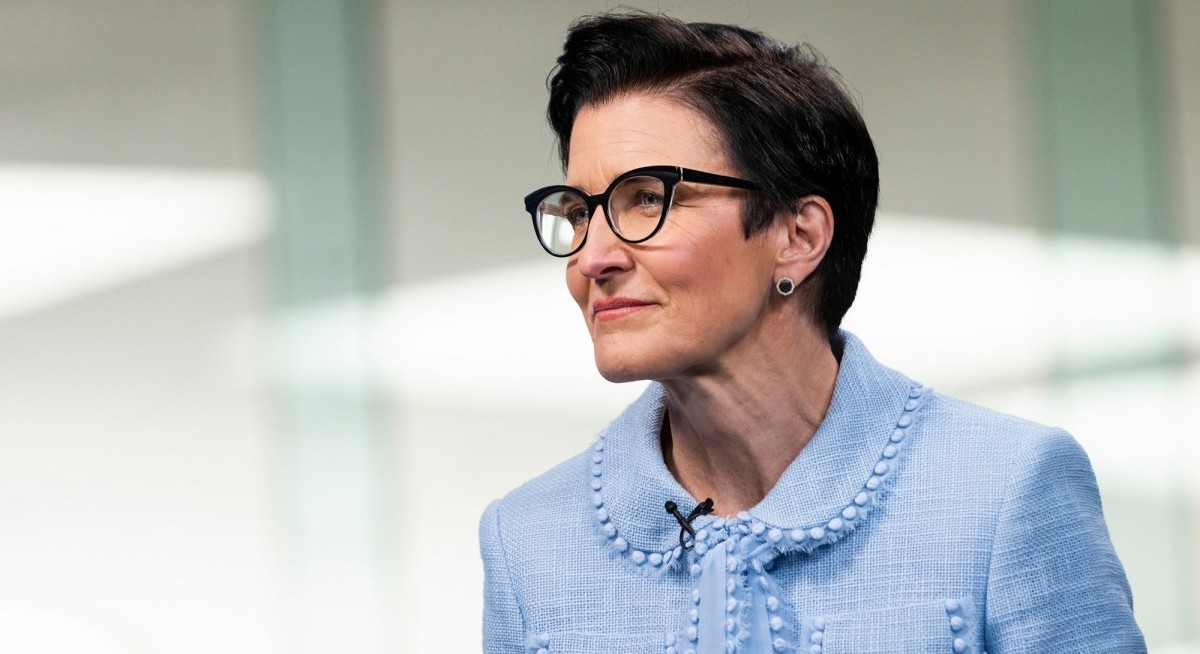Companies globally have announced more than US$1 trillion in deals since June, defying the normal slowdown in the summer months. Goldman Sachs Group Inc. sees momentum building further, forecasting about US$3.1 trillion in deal flow this year and a record US$3.9 trillion for 2026.
Still, Fraser cautioned that Citi is watching the labor market closely, noting that “not everything is rosy,” even as she maintained the US is likely to avoid a downturn.
Volatility has whipsawed global markets since US President Donald Trump announced tariffs on trading partners around the world. That’s been good news for the markets businesses at Citigroup and its Wall Street rivals as they benefited from a surge in client activity.
Some of Fraser’s peers are more cautious. UBS Group AG chief executive Sergio Ermotti said Thursday that the impact of global tariffs on the US economy and inflation remains unclear, complicating forecasts for Federal Reserve policy.
See also: US stock futures drop with dollar on threat to Fed
While a reduction to interest rates by the Fed at its Sept. 16-17 meeting is baked into expectations, beyond that investors are shifting predictions on the pace of policy adjustments. Earlier this week, Goldman CEO David Solomon signaled that there’s no need for the Fed to rapidly cut interest rates.
Middle East’s Decade
Fraser also struck an optimistic tone on the Middle East, forecasting a decade of strong growth fueled by investment flows and the creation of new industries. Gulf states have been deploying billions of dollars domestically and abroad to diversify away from oil, drawing in global financial firms including Citi.
“The Middle East is probably on a rip for the next decade or so in terms of how much investment and new industries, new clients coming in,” Fraser said in the interview in Dubai. Citi also views the region as attractive because of its expanding business ties with India and China.
See also: Asian stocks fluctuate before US jobs data, tariff ruling
Citi has been one of many international banks to have built out its presence in the Gulf region in recent years. The likes of Jefferies Financial Group Inc and Lazard Inc, which have both been hiring or opening new offices. Earlier this year, JPMorgan Chase & CO said it is planning to add more than 100 staffers to its businesses across the Middle East in the coming years.
The Middle East has emerged as one of the busiest markets for initial public offerings globally, as governments push to broaden capital markets by selling stakes in state-owned companies and encouraging private firms to list. Gulf issuers have raised over US$5 billion from IPOs so far this year.




